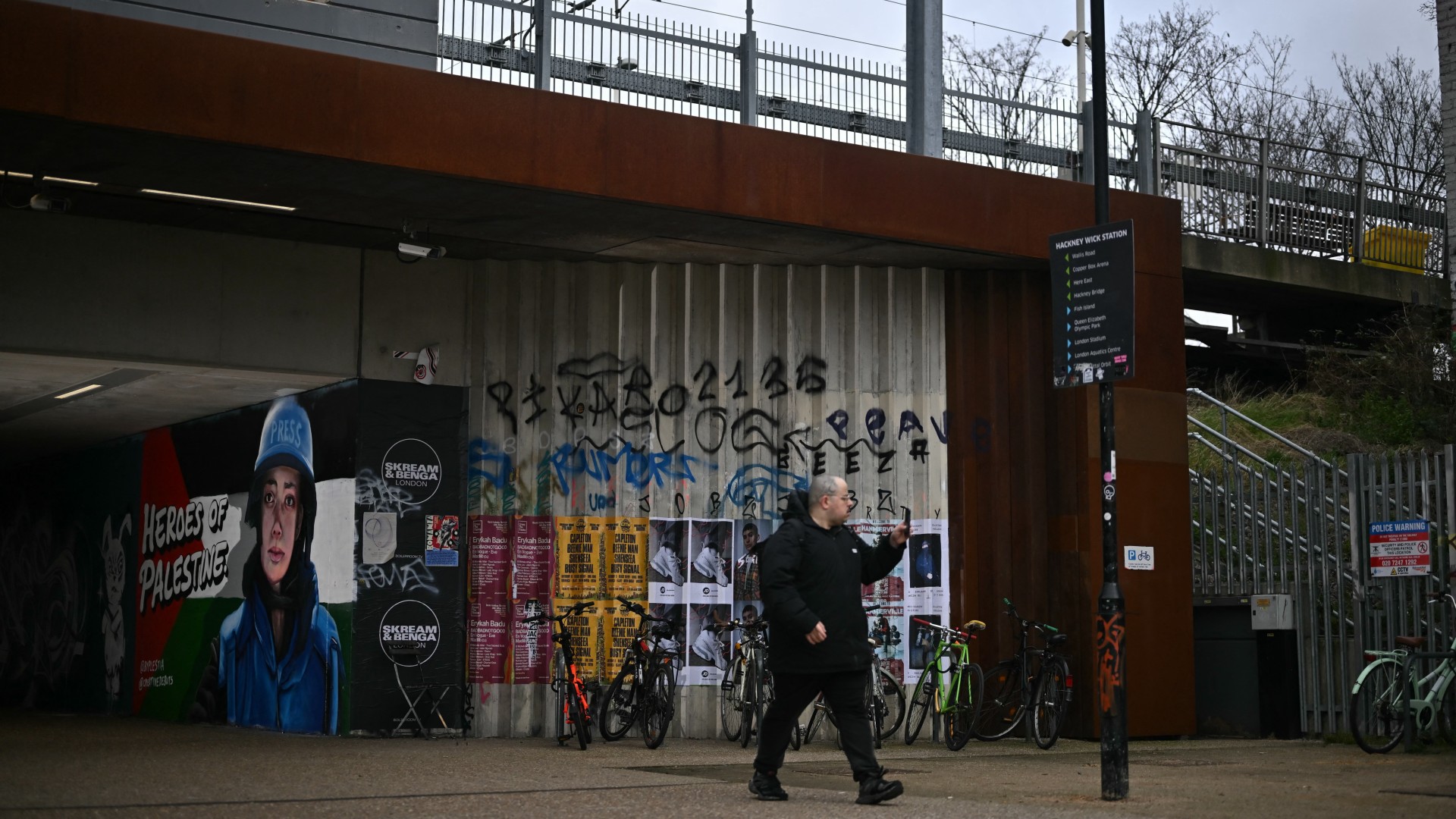UK Jewish creatives write guidance on antisemitism and censorship in arts

Dozens of UK-based Jewish artists and creatives have published guidelines to help cultural institutions navigate issues surrounding antisemitism.
The text, titled Courage and Care: Guidelines on confronting antisemitism and censorship in the arts, was endorsed on Tuesday by more than 70 Jewish signatories.
"This text is designed as a resource to help institutions, organisations and individuals make better, braver decisions whilst contending with antisemitism and censorship in the arts," the guidelines state.
"It is written from a firm belief that art must be allowed to be political, subversive, uncomfortable - and that bigotry should be challenged."
The first section outlines what antisemitism in the arts might look like, including workplace discrimination, abuse, problematic representation and tropes, and the minimisation of persecution, such as the Holocaust.
New MEE newsletter: Jerusalem Dispatch
Sign up to get the latest insights and analysis on Israel-Palestine, alongside Turkey Unpacked and other MEE newsletters
The next section outlines what the signatories say antisemitism in the arts does not look like.
"We are united in believing that art must not be censored under a false guise of protecting against antisemitism," it states.
Examples of what isn't antisemitism include artwork that criticises Israel or Zionism as a political force, and supporting the Palestinian struggle for freedom and self-determination.
"Palestinian symbols such as the Palestinian flag, Keffiyeh, a watermelon, and phrases such as ‘from the river to the sea, Palestine will be free’ are not in themselves antisemitic and should not be censored or banned," the guidance says.
It also adds that criticising or satirising the actions of specific Jewish people, as long as their Jewishness is not presented as an explanation of their vices, is not antisemitic.
The final section of the guidance presents "grey areas", in which there can be ambiguity.
The signatories encourage cultural institutions, in these instances, to consider a number of questions, including: "Who is speaking? Where is their platform? When is this happening and what is at stake in the world? Who is accessing the work?"
The guidance states that whilst no one has the license to be racist, "the positionality of the speaker shapes the speech-act".
"If Palestinian characters in the West Bank say that ‘Jews’ demolished their house, this may not be an antisemitic reference to a global monolith that holds sinister power," it says.
"But rather a way of speaking about how power is being used in a specific and localised region, through an apparatus that claims to represent Jews."
The guidance was endorsed by Toby Marlow, writer and composer of the musical Six, artistic director Mary Osborn and actor Will Attenborough. Dozens of other actors, directors, composers, playwrights, musicians, visual artists, producers and educators also added their names.
'Wrongly censored'
"We wrote this text out of a feeling of urgency. Again and again we see institutions act out of fear and confusion. Antisemitism is pervasive in British culture, yet art that isn’t antisemitic is wrongly censored," the signatories said.
Since Israel's war on Gaza began, many pro-Palestinian artists have described being cancelled by UK cultural institutions amid a "culture of fear".
A slew of venues, including the Arnolfini arts centre, the Barbican and Chickenshed theatre have publicly pulled events featuring Palestinian or pro-Palestinian artists.
In each case, the venues issued statements citing security concerns or the "complexity" of the situation in Gaza.
middleeasteye.net